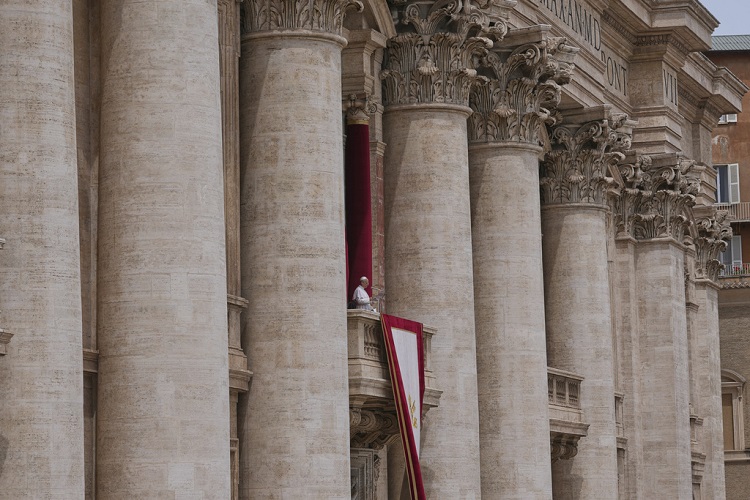
As artificial intelligence (AI) rapidly emerges as a defining technology of the 21st century, countries and institutions are rushing to establish ethical standards to guide its development and use. In this global conversation, the Vatican is stepping forward with a distinct and thoughtful voice rooted in theology, tradition, and moral philosophy.
The Roman Catholic Church, historically silent on matters of technological advancement until substantial ethical concerns arise, is now actively engaging with the AI discourse. The Holy See approaches artificial intelligence not merely as a technological development with societal consequences, but as a profound moral and existential issue that bears directly on human dignity, agency, and the sanctity of life.
The Vatican’s engagement reflects a broader ambition: to influence global ethical norms by advocating for an AI that respects human rights, promotes human flourishing, and avoids exacerbating existing inequalities. This perspective is informed by Catholic social teaching, which emphasizes the common good, solidarity with the vulnerable, and the responsible stewardship of creation—including technological creations.
Earlier dialogues, such as those initiated by the Vatican’s Pontifical Academy for Life, have framed AI ethics around what Pope Francis has called an “algorethics”—a play on words combining ‘algorithm’ and ‘ethics’. This concept urges the tech community to consider how algorithms should be governed and designed not only for efficiency and utility but for the benefit of humanity as a whole.
To this end, the Vatican has hosted a series of conferences bringing together theologians, scientists, ethicists, and technology leaders. Collaborative partnerships have also emerged, such as the ‘Rome Call for AI Ethics’, a document signed by major technology firms and Vatican officials. The agreement outlines principles such as transparency, inclusion, impartiality, reliability, and security in AI development.
While the Vatican does not possess the regulatory power of tech giants or national governments, it brings moral authority and global influence. By engaging in this critical discourse, the Catholic Church aims to ensure that spiritual and ethical dimensions are not overlooked in technological progress.
As AI continues to evolve, the Vatican’s efforts underscore a crucial point: that the development of technology should not only be measured by what it can achieve, but by how it serves humanity in line with moral and ethical commitments. In the words of the Vatican, AI must remain a tool that serves people, not the other way around.
Source: https:// – Courtesy of the original publisher.








